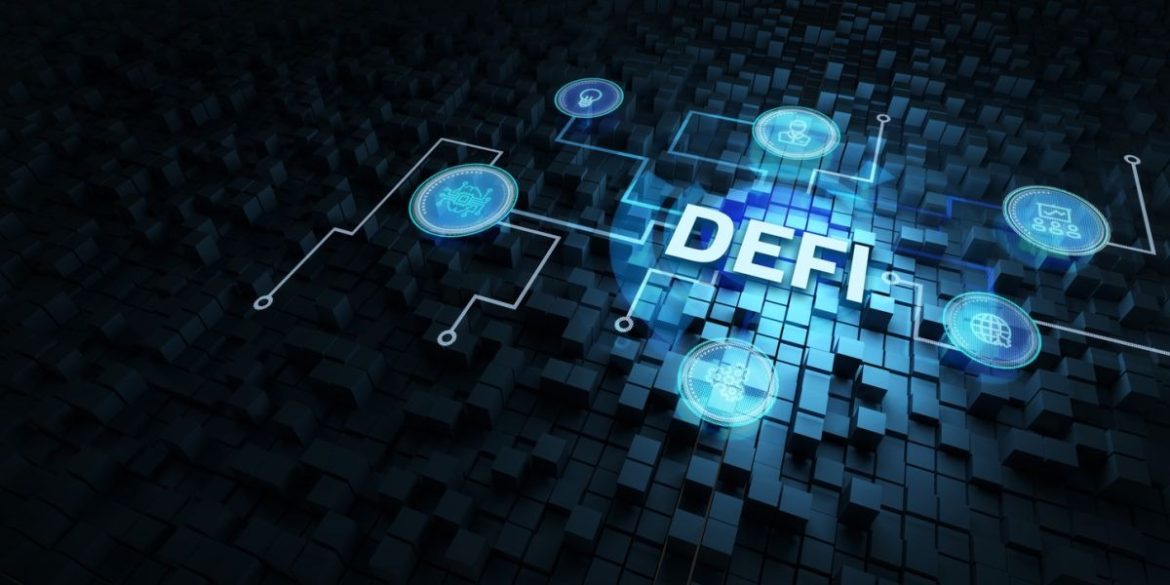Decentralized Finance, or DeFi, has emerged as a groundbreaking force in the world of finance. With the potential to reshape traditional banking and democratize access to financial services, DeFi is garnering significant attention from both the cryptocurrency community and traditional financial institutions. In this article, we will explore the key aspects of DeFi and its potential to revolutionize the future of banking.
Understanding DeFi
What is DeFi?
DeFi refers to a set of financial services and applications built on blockchain technology, primarily the Ethereum blockchain. These services aim to eliminate intermediaries, such as banks and financial institutions, by enabling peer-to-peer transactions and automating financial processes through smart contracts.
Key Features of DeFi
- Open and Permissionless: DeFi platforms are open to anyone with an internet connection, fostering financial inclusion on a global scale.
- Transparency: Transactions and smart contracts on DeFi platforms are transparent and verifiable on the blockchain.
- Interoperability: DeFi protocols can interact with each other, creating a cohesive ecosystem of financial services.
- Liquidity Provision: Users can provide liquidity to DeFi protocols and earn rewards in the form of interest or fees.
- Non-Custodial: Users have full control of their funds and private keys, reducing the risk of third-party custodians.
DeFi Applications
Decentralized Exchanges (DEXs)
DEXs allow users to trade cryptocurrencies directly from their wallets, eliminating the need for intermediaries like centralized exchanges. Popular DEXs include Uniswap, SushiSwap, and PancakeSwap.
Lending and Borrowing
DeFi platforms offer lending and borrowing services where users can earn interest by lending their assets or access loans without going through a traditional bank. Aave and Compound are prominent examples.
Yield Farming and Liquidity Provision
Users can provide liquidity to DeFi protocols and earn rewards. Yield farming involves staking assets in various DeFi projects to earn tokens as incentives.
Decentralized Stablecoins
Stablecoins like DAI and USDC are issued on DeFi platforms, providing a stable store of value for users and enabling borderless transactions.
The Potential Impact on Banking
Financial Inclusion
DeFi has the potential to provide financial services to the unbanked and underbanked populations worldwide, enabling them to access savings, loans, and investment opportunities.
Reduced Costs
By eliminating intermediaries, DeFi can significantly reduce transaction fees, making financial services more affordable for all.
Accessibility
DeFi is accessible 24/7, allowing users to transact and manage their finances at their convenience, without reliance on traditional banking hours.
Global Reach
The decentralized nature of DeFi platforms enables cross-border transactions and financial services, bridging the gap between individuals and opportunities worldwide.
Challenges and Risks
Security Concerns
DeFi platforms are not immune to security vulnerabilities, and hacks have resulted in significant losses. Users must exercise caution and due diligence when participating in DeFi.
Regulatory Uncertainty
The evolving regulatory landscape poses challenges for DeFi projects, with regulators worldwide seeking to establish oversight and compliance standards.
Smart Contract Risks
Bugs or vulnerabilities in smart contracts can lead to unintended consequences, including the loss of funds. Audits and testing are crucial to mitigate these risks.
Conclusion
Decentralized Finance has emerged as a disruptive force with the potential to reshape the future of banking. Its open, permissionless, and transparent nature offers financial inclusion and reduced costs to users globally. However, it also comes with risks and challenges that need to be addressed for DeFi to reach its full potential. As the industry continues to evolve, it will be fascinating to witness the extent to which DeFi transforms traditional banking and empowers individuals to take control of their financial futures.
